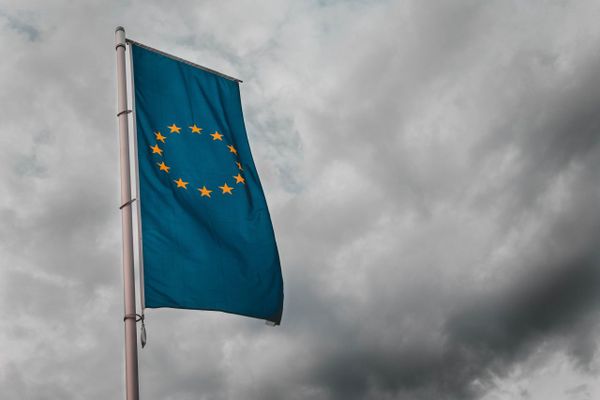265 Fake Websites Set Up to Promote Anti-Pakistan News, Influence EU Officials

A network of 265 fake websites that were promoting anti-Pakistan news and sharing pro-India news were found operating in 65 countries. Some of the websites were built in a way meant to influence high-ranking members of the European parliament.
According to a BBC report, the entire enterprise was linked to a single source, an Indian company named Srivastava Group, but the investigators found no link with the Indian government. The network was discovered by EU Disinfo Lab, a non-profit organization from Brussels.
While it might not be a phishing scheme, per se, it operated pretty much the same way. Fake websites were set up to offer credibility to the entire scheme, sometimes using domain names very similar to the original ones, or even resurrecting publications that went out of print almost 100 years ago.
Whale phishing is a term that describes the targeting of a senior executive by cybercriminals in an effort to compromise them. The method used by fake websites is not all that dissimilar to phishing because high-ranking officials in the EU were directly targeted. Making matters worse, a few of them fell for it, wrote articles, and gave interviews.
Following the investigation by the EU Disinfo Lab, many of the websites disappeared and or went inactive. The NGO identified a woman named Madi Sharma as the heart of the disinformation campaign, which could only be described as a business broker operating among EU officials. She”s also a British member of the European Economic and Social Committee (EESC), but the EESC says that its members are free to do whatever they want.
tags
Author
Silviu is a seasoned writer who followed the technology world for almost two decades, covering topics ranging from software to hardware and everything in between.
View all postsRight now Top posts
Torrents with Pirated TV Shows Used to Push Lumma Stealer Malware
November 14, 2024
What Key Cyberthreats Do Small Businesses Face?
September 06, 2024
FOLLOW US ON SOCIAL MEDIA
You might also like
Bookmarks








